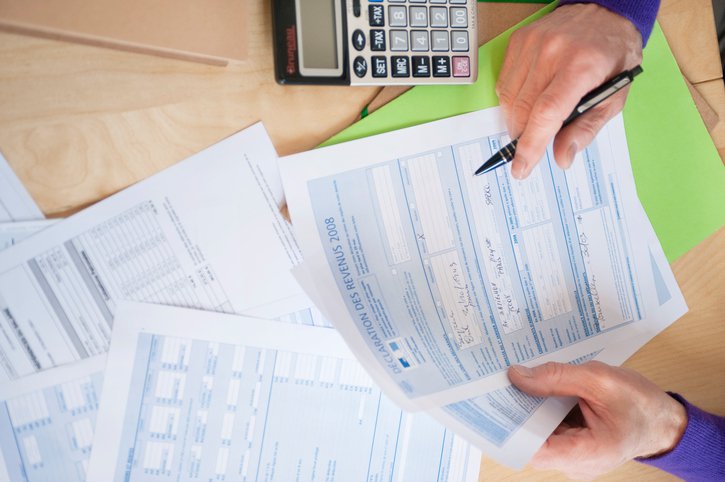Small business owners have a lot on their minds. At any given point, you’re likely worried about sales, growing your business, marketing, social media pages, and more. The last thing you want to stress about is small business taxes, but alas, there they are.
Every Australian business faces various taxes — from income tax to sales tax to tax credits. To make the tax process easier, we’ve created this business tax guide that will walk you through various types of business taxes, common tax mistakes, and how to help your business succeed financially. To start, let’s take a look at what business taxes are.
















